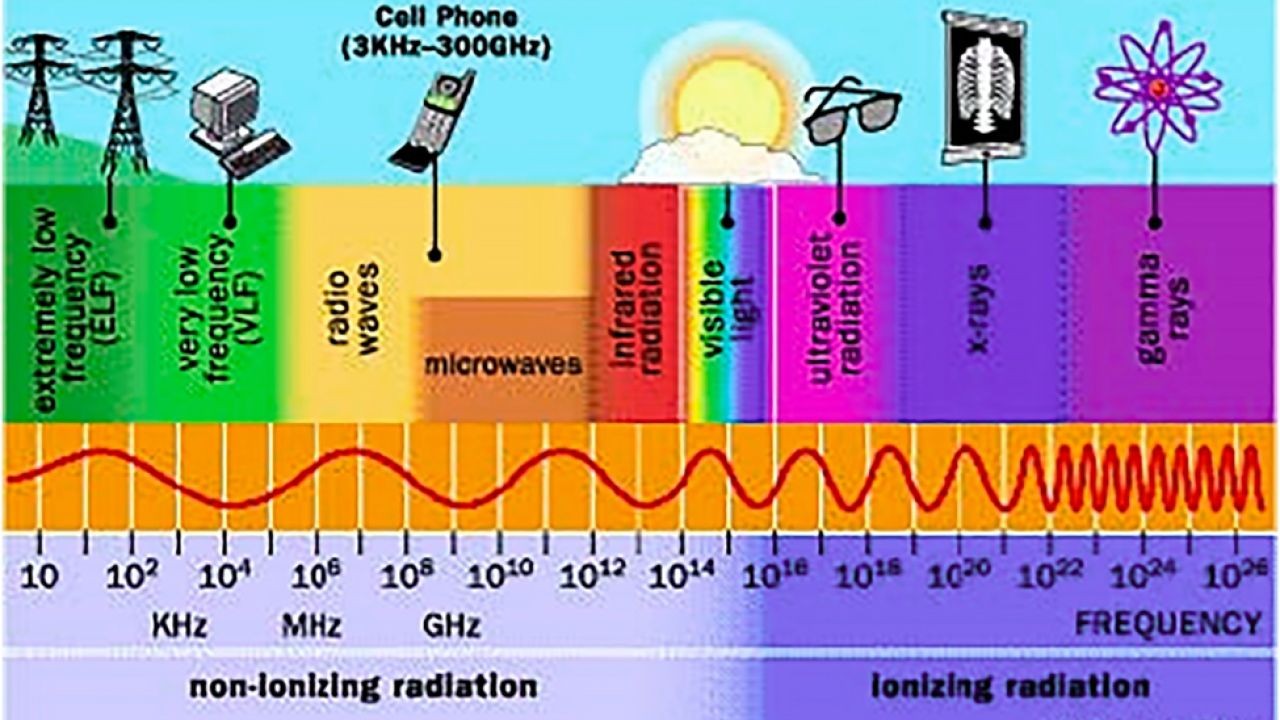In today's interconnected world, Australian students and young professionals are increasingly exploring opportunities beyond traditional education pathways. Two popular options are exchange programs and gap years. While both offer unique experiences and potential benefits, the question arises: which is more valuable for your career? This article delves into the intricacies of each, offering data-backed insights and expert analysis to guide you in making an informed decision.
The Appeal of Exchange Programs
Exchange programs offer structured opportunities for participants to study or work abroad while being supported by academic institutions or organizations. They provide a unique blend of academic rigor and cultural exposure, often resulting in enhanced career prospects.
Pros of Exchange Programs
- Academic Advancement: Exchange programs often include coursework that can be credited towards a degree, ensuring that participants continue their academic progress.
- Global Networking: Participants build a network of international peers, which can open doors to global career opportunities.
- Language Skills: Immersive experiences in a foreign country can lead to improved language proficiency, a valuable asset in today's global job market.
Cons of Exchange Programs
- Limited Flexibility: Exchange programs are typically bound by a fixed curriculum and schedule, offering less freedom to explore personal interests.
- Cost: While some programs offer scholarships, others can be expensive, potentially leading to significant student debt.
The Allure of Gap Years
Gap years, on the other hand, are self-directed periods, usually lasting a year, where individuals take time off from formal education or work to explore personal interests, travel, or gain work experience. This unstructured time can lead to significant personal growth and practical experience.
Pros of Gap Years
- Personal Growth: Gap years offer the freedom to explore various interests, fostering personal development and independence.
- Practical Experience: Individuals can gain hands-on experience through internships, volunteer work, or part-time jobs.
- Flexibility: Without a strict schedule, gap year participants can tailor their experiences to suit their personal and professional goals.
Cons of Gap Years
- Lack of Structure: Without a clear plan, gap years can lead to unproductive periods, potentially hindering career progress.
- Financial Strain: Without a steady income, individuals may face financial challenges during their gap year.
Case Study: Exchange Program Success Story
Case Study: University of Sydney – Enhancing Global Perspective
Problem: The University of Sydney aimed to improve its students' global employability by offering more international exposure.
Action: Partnering with universities in Europe and Asia, the University of Sydney developed exchange programs focusing on cross-cultural competencies and international business practices.
Result: Over 80% of participants reported improved job prospects, with many securing positions in multinational companies. According to the Australian Bureau of Statistics (ABS), students who participate in exchange programs are 25% more likely to find employment within six months of graduation.
Takeaway: Exchange programs can significantly enhance academic and professional trajectories, particularly in fields requiring international expertise.
Case Study: Gap Year Success Story
Case Study: Alice Thompson – From Gap Year to Career
Problem: Alice Thompson, a recent high school graduate from Melbourne, was unsure about her future career path.
Action: Alice took a gap year, volunteering in environmental projects across Southeast Asia and interning at a conservation NGO.
Result: She gained invaluable skills in project management and cross-cultural communication, leading to a full-time position at an environmental consultancy upon her return to Australia.
Takeaway: A well-planned gap year can provide clarity and direction, equipping individuals with practical skills that are highly valued in the job market.
Regulatory Insights: Navigating Exchange Programs and Gap Years
The Australian Government supports both exchange programs and gap years through various policies. The Australian Competition & Consumer Commission (ACCC) ensures that educational institutions adhere to fair trading practices, protecting students from misleading program information. Moreover, the Australian Prudential Regulation Authority (APRA) oversees financial institutions to ensure that student loans and financial support for exchange programs are managed responsibly.
Myths and Misconceptions
- Myth: "Gap years are a waste of time." Reality: When planned effectively, gap years can lead to significant personal growth and career clarity, as shown in Alice Thompson's case.
- Myth: "Exchange programs are only for wealthy students." Reality: Many programs offer scholarships and financial aid, making them accessible to a broader demographic.
- Myth: "Employers do not value gap years." Reality: Employers often appreciate the diverse skills and perspectives gained during gap years, particularly when relevant to the job role.
Future Trends and Predictions
As Australia continues to integrate into the global economy, demand for international experience will likely increase. According to the Reserve Bank of Australia (RBA), industries such as technology, finance, and healthcare are expected to prioritize candidates with global perspectives and cross-cultural competencies. By 2030, it's predicted that over 50% of Australian students will participate in some form of international program during their education.
Conclusion
Both exchange programs and gap years offer distinct advantages and challenges. The choice between the two depends largely on individual goals and circumstances. For those seeking structured academic and professional growth, exchange programs may be more suitable. Conversely, individuals looking for personal development and practical experience might benefit more from a gap year. Ultimately, the key to maximizing the value of either experience lies in careful planning and aligning the experience with long-term career objectives.
People Also Ask
- How do exchange programs impact career prospects in Australia? Exchange programs enhance employability by providing international experience and networking opportunities, which are highly valued in Australia's competitive job market.
- Are gap years beneficial for Australian students? Gap years can be highly beneficial when structured effectively, offering practical experience and personal growth that complement academic achievements.
Related Search Queries
- Exchange programs in Australia
- Benefits of gap years for career
- International experience and employability
- Australian student exchange opportunities
- Gap year planning tips
































RKFEdythe2
8 months ago